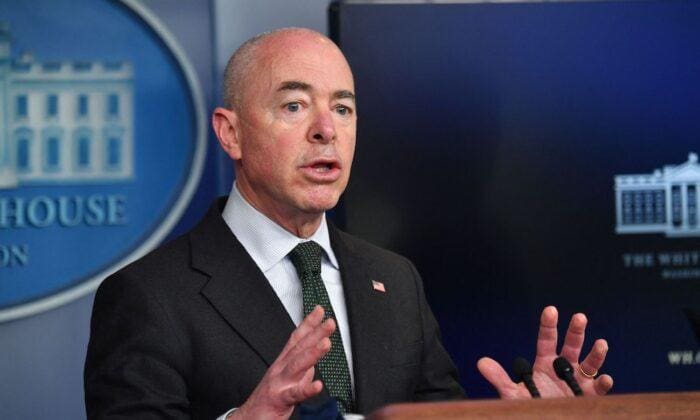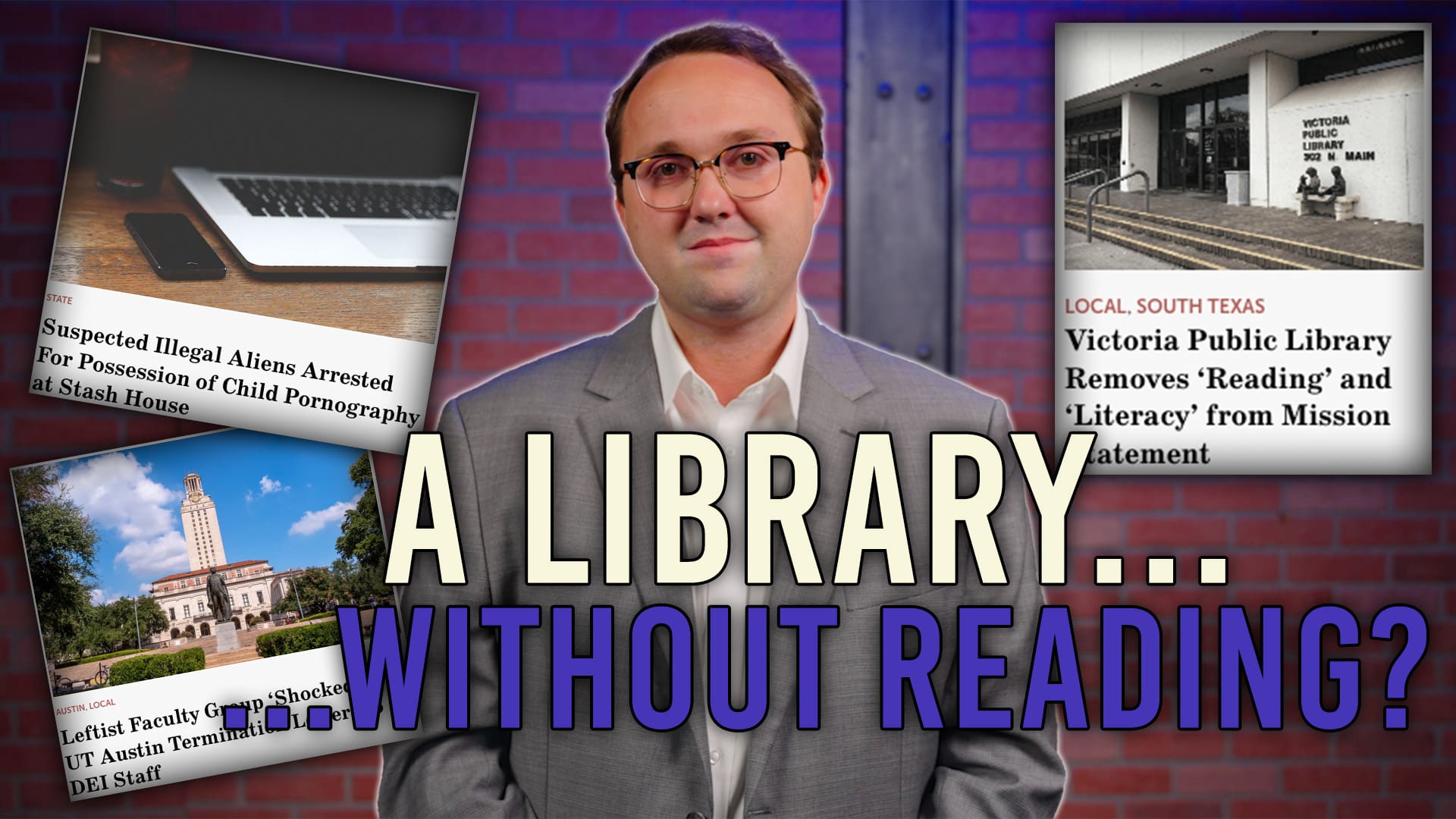Today, State Comptroller Glenn Hegar announced the release of the Biennial Revenue Estimate, as required by the Texas Constitution. The BRE forms the basis of the state budget, showing the state’s financial condition and estimating the revenue it can expect in the next two-year budget period.
Legislators must ensure that total appropriations do not exceed the amount predicted to be available in the BRE, which will be estimated at $104.9 billion for FY 2018-19.
While total revenue is projected to grow, the increases are more than spoken for by new diversions that route money into the state’s highway fund. As a result, lawmakers will have roughly $3 billion less in their discretionary funds.
Meanwhile the Economic Stabilization Fund, the state’s rainy day fund balance, is expected to be $11.9 billion at the end of the next biennium, well below the constitutional limit of $16.9 billion.
As expected, Hegar attributed the slower than expected growth in the state economy to a decline sales tax revenue caused by declining oil prices, noting:
“Contraction in activity related to oil and natural gas production has been a drag on state economic growth. Still, the diversity of the Texas economy has allowed for continued growth in employment over the past two years and we expect sustained growth over the coming biennium.”
Much of the hand-wringing from the media and big-government legislators center around what it would take to “cover current services” with little regard for waste, pet projects, and other misguided spending priorities.
Currently, lawmakers and policy organizations are saying that the revenue estimate won’t be sufficient to fund the state government at its current size and that appropriators will have to trim between $4 and $6 billion from the budget.
Predicting such a possibility, Texas’ top elected officials co-authored a letter to state agencies this past summer, requesting them to scale back their budget requests by 4% for the coming cycle.
With an eye toward priorities, Gov. Greg Abbott, Lt. Gov. Dan Patrick and House Speaker Joe Straus made exceptions to the cuts in their directive, including funds for public schools, border security, Child Protective Services, and mental health resources. The exemptions also include public-employee pensions, Medicaid, and dollars needed to meet debt service obligations.
With less money available, lawmakers will have to make tough choices this upcoming session on the role of government and what funding levels are necessary to achieve results. Texans should demand that lawmakers provide a leaner, more efficient, and more limited government than ever before.




